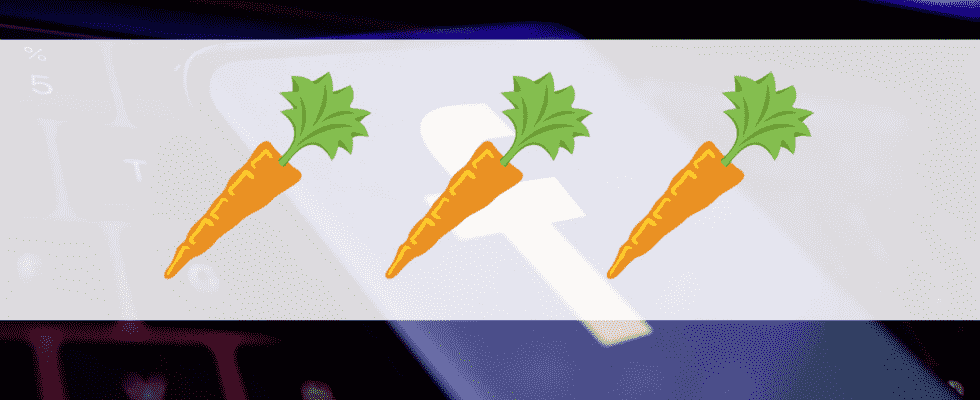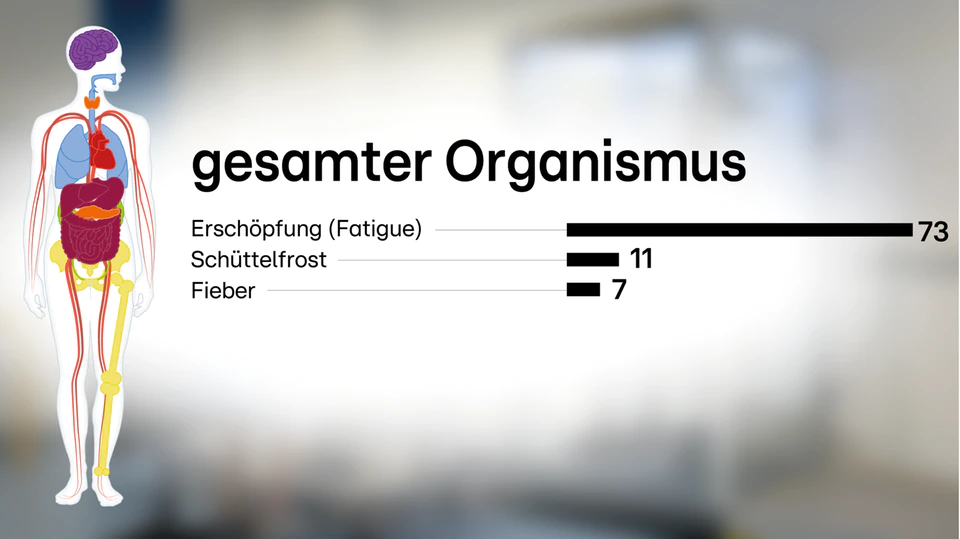Facebook
Report: Anti-vaccination groups use carrot emoji as code to escape lockdown
In Facebook groups, there was a specific call to use the carrot emoji as a code for the corona vaccination
© Imago / star
According to BBC research, Facebook groups that spread vaccination-critical content systematically use an emoji for certain words so that they don’t get blocked. The fact that the algorithms are usually not trained on emojis makes it difficult to detect misuse.
On Facebook, anti-vaccination groups systematically use emojis to spread their content to avoid being banned by the algorithm. The “BBC” has evaluated groups with several hundred thousand members in which a carrot emoji is used instead of words like “vaccination” in order not to be blocked by Facebook’s algorithms for spreading false information. In the groups, users report injuries or deaths from the corona vaccination that they claim to be known to them, without providing any evidence.
Facebook’s parent company Meta deleted the groups in question for violating the disinformation guidelines after the “BBC” informed them – according to their information, the groups reappeared after a short time. The group issued a statement saying that it continues to work with health experts and the British government to combat the spread of false information related to Corona. For example, delete all statements that claimed that the vaccination is toxic or more dangerous than the infection itself. Since the beginning of the pandemic, Facebook claims to have removed more than 20 million such misinformation.
According to the “BBC”, the description of one of the Facebook groups even explicitly called for only codes for the “C, V and B words” (“Covid”, “Vaccine” and “Booster”) to use.
Author Marc Owen Jones shared on Twitter a collection of screenshots of posts from one of the groups he was invited to on Facebook. This shows the widespread use of the carrot emoji.
Facebook and Instagram: Hate speech is camouflaged with emojis
Facebook and Instagram have been criticized in the past for not blocking the abuse of emojis. For example, the use of monkey and banana emojis on the platforms as a racist slur against Black footballers in the UK national team caused a stir after the 2021 European Football Championship. At that time, Facebook employees argued that emojis were used in a very context-dependent manner and therefore could not be blocked in principle, as reported by the “New York Times”.
The use of emojis as political codes has been common on social media for some time. For example, members of right-wing circles use emojis in their profile descriptions to make it easier to recognize one another. So the frog emoji is an allusion to a well-known right-wing meme of the frog character “Pepe the Frog” from the USA, two lightning bolts can stand for the SS runes.
The ambiguity of emoji makes it difficult for algorithms to detect misuse, such as spreading misinformation or racist statements. In addition, social media algorithms search primarily for texts and are not trained on emojis, explained AI researcher Hannah Rose Kirk in the “Guardian”. She contributed to the public dataset HatemojiCheck, which collected examples of hate speech emojis being used. This is intended to reveal weaknesses in the previous detection by algorithms.
Sources: BBC, BR24, The New York Times


